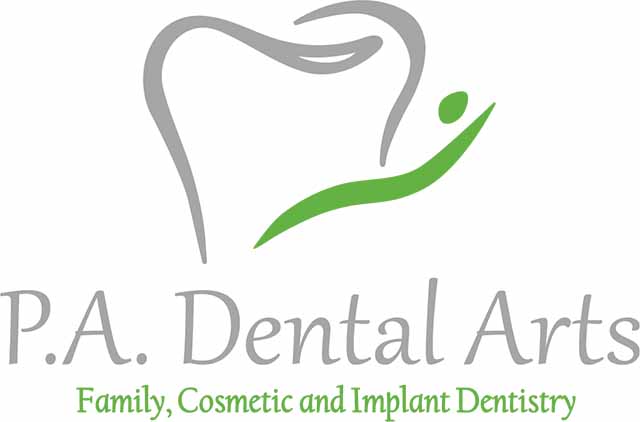Insurance
Do you accept my dental insurance?
I have a terrible fear of the dentist, what should I do?
If you are fearful of going to a dentist, you are definitely not alone; 9-15% of Americans avoid the dentist due to anxiety and fear. We pride ourselves for our abilities to manage our patients’ fear and anxiety. Our dentists are extremely friendly and understanding as our patients state. With our calming chair side manner you can rest assured you will be in good hands. Yet, if you are fearful or tend to get anxious; we offer multiple sedation options to help you during your appointment. Please call us at (214) 383-5511 for more information or a free consultation with us.
First Appointment FAQs
- Do I need to arrive early for my first appointment?
- Yes. Please arrive 10-15 minutes early to fill out any remaining patient forms.
- What should I do if I require premedication?
- Please be sure to request a prescription prior to your appointment, or if you are unsure, contact us and we can help.
- What do I need to bring to my first appointment?
- Please bring the following items with you to your appointment:
- Patient Information Form
- Dental Insurance Card (if applicable)
- Identification such as Driver’s License, Military ID or State ID
- Patient Health History Form
- HIPAA Consent Form
- Patient Authorization Form
- How long will my first appointment last?
- It varies, but please plan on 1 to 1.5 hours for the first visit.
How long will the results of teeth whitening last?
Like other investments, if you whiten your teeth, the length of time you can expect it to last will vary. If you smoke, drink red wine or coffee, or consume other acid-containing foods, your bright smile may begin to yellow more quickly than you expect. In general, a teeth whitening procedure can last up to a few years. And even though the results can fade, occasional touch-ups can be done to regain luster.
Ask the experienced staff at P.A. Dental Arts about the long-term benefits of teeth whitening.
Do whitening toothpastes work?
Commercial whitening toothpastes vary greatly in their ability to whiten teeth. They work by removing surface stains from the teeth with the use of mild abrasives. However, unlike professional whitening, some whitening toothpastes do not alter the intrinsic color of the teeth.
Toothpastes that are effective in removing stains can also destroy tooth enamel in the process. These toothpastes use harsh abrasives. With repeated use, harsh abrasives begin to damage tooth enamel and can contribute to increased tooth sensitivity. If you would like to try a whitening toothpaste, consult with our dentist first.
Why do my teeth darken?
Many factors work to destroy the naturally white smile you were born with. Tobacco, certain foods, and certain drinks actually stain teeth. These substances continually work on our teeth causing our white smile to gradually fade. Hot coffee and tea are especially hazardous to your smile because they change the temperature of teeth. This temperature change – hot and cold cycling – causes the teeth to expand and contract allowing stains to penetrate the teeth. Cutting down on coffee and tea can go a long way to creating a great smile. Foods that are slightly acidic are also dangerous to your white smile. These foods open up the pores of the tooth enamel allowing stains to move more easily into the tooth. Our dentist can help you with more tips on keeping a white smile.
Why should I go to the dentist regularly?
Many people do not see a dentist on a regular basis. They only go when they have a problem. This is known as “crisis treatment” versus “preventive treatment.” While these patients may feel they are saving money, it often ends up costing much more in dollars and time. This is because many dental problems do not have symptoms until they reach the advanced stages of the disease process. An example is tooth decay. It is typical to hear, “Nothing hurts… I don’t have any problems.”
Tooth decay often does not hurt until it gets close to the nerve of the tooth. It is not uncommon to see a patient with a huge cavity who has never felt a thing. The dentist can usually detect a cavity 3-4 years before it develops any symptoms. This early detection can help you prevent root canal treatment.
Why should I floss, isn’t brushing enough?
Flossing reduces the number of bacteria in your mouth. There are millions of these microscopic creatures feeding on food particles left on your teeth. These bacteria live in plaque which can be removed by flossing. Brushing your teeth gets rid of some of the bacteria in your mouth.
Flossing gets rid of the bacteria the toothbrush can’t get to. That’s the bacteria hiding in the tiny spaces between your teeth. If you do not floss, you allow plaque to remain between your teeth. Eventually it hardens into tartar. Plaque can be removed by brushing. Only the dentist can remove tartar.
Ask one of our dentists to show you the proper way to floss. You will both notice the difference at your next cleaning appointment.
